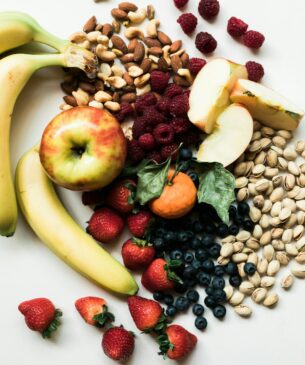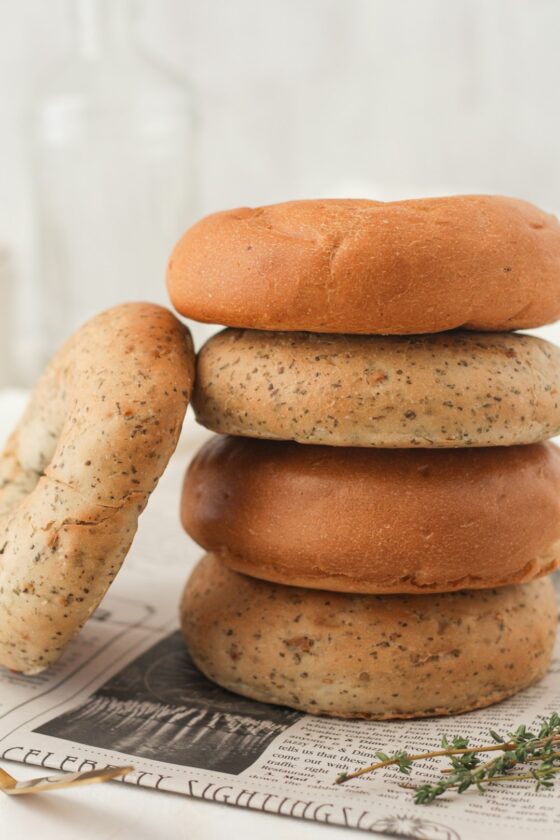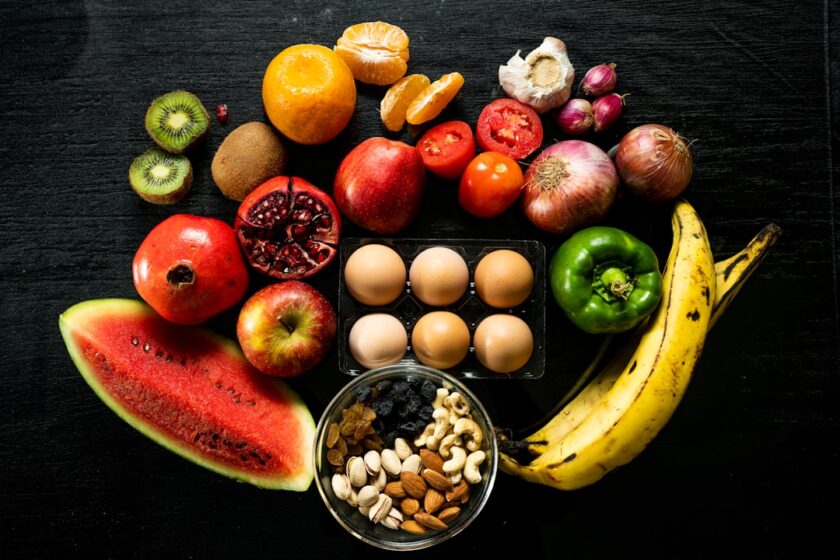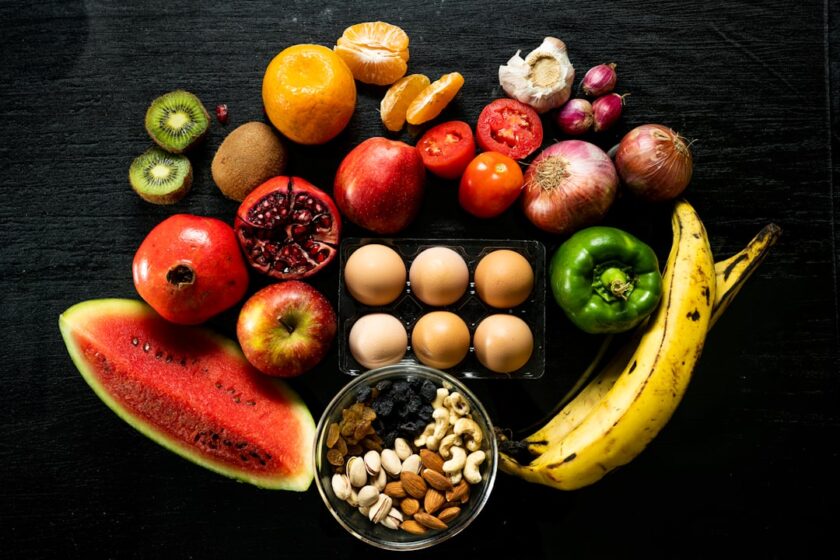What Are Gut Health Foods?
Gut health foods are those that support the balance of good bacteria in the digestive system, also known as the gut microbiome. A healthy gut is vital for digestion, mental health, and overall well-being. Incorporating gut-friendly foods into your diet can enhance your digestive health and boost immunity.
Why is Gut Health Important?
The gut microbiome plays a crucial role in various bodily functions:
- Digestive Health: Proper gut flora aids in breaking down food and absorbing nutrients.
- Immune Support: A healthy gut can protect against infections and inflammation.
- Mental Well-being: Studies have shown a strong connection between gut health and mental health.
- Nutrient Synthesis: Certain gut bacteria produce vitamins and short-chain fatty acids essential for health.
Top Gut Health Foods
Incorporating a variety of gut health foods in your diet can help maintain a healthy microbiome. Here are some food categories to consider:
1. Fermented Foods
Fermentation enhances the probiotic content of foods, which can help balance gut bacteria. Consider adding these fermented foods to your meals:
- Kefir: A fermented dairy product similar to yogurt but with a higher probiotic content.
- Kimchi: A spicy, fermented vegetable dish, typically made from cabbage.
- Sauerkraut: Fermented finely shredded cabbage, rich in probiotics.
- Miso: A traditional Japanese seasoning made from fermented soybeans.
- Kombucha: A fermented tea that is refreshing and packed with probiotics.
2. Prebiotic Foods
Prebiotics are fibers that nourish the good bacteria in your gut. Include the following prebiotic-rich foods:
- Garlic: Contains inulin, which promotes the growth of beneficial gut bacteria.
- Onions: Another excellent source of inulin and other prebiotic fibers.
- Bananas: Not only nutritious but also contain prebiotic fibers that help gut bacteria thrive.
- Asparagus: Packed with fiber and vitamins, asparagus is great for gut health.
- Oats: A good source of beta-glucan, a type of soluble fiber that supports gut bacteria.
3. Fiber-Rich Foods
High-fiber foods can support digestion and promote regularity. Add these fiber-rich options to your meals:
- Legumes: Beans, lentils, and peas are excellent sources of soluble and insoluble fiber.
- Whole Grains: Whole grain bread, brown rice, and quinoa can help improve digestion.
- Fruits: Apples, pears, and berries provide fiber and antioxidants beneficial to gut health.
- Vegetables: Leafy greens and cruciferous vegetables like broccoli and Brussels sprouts can enhance fiber intake.
- Nuts and Seeds: Walnuts, almonds, flaxseeds, and chia seeds are high in fiber and healthy fats.
4. Healthy Fats
Certain healthy fats can help reduce inflammation in the gut. Consider adding the following sources of healthy fats:
- Avocados: Rich in fiber and healthy monounsaturated fats.
- Olive Oil: Extra virgin olive oil contains antioxidants and is anti-inflammatory.
- Fatty Fish: Salmon, sardines, and mackerel are high in Omega-3 fatty acids.
- Nuts: Besides being high in fiber, nuts are also loaded with healthy fats that are beneficial for the gut.
- Coconut Oil: Contains medium-chain fatty acids that can aid digestion.
How to Incorporate Gut Health Foods into Your Diet
Incorporating gut health foods doesn’t have to be difficult. Here are some simple tips:
- Add fermented foods: Include a serving of yogurt, kimchi, or sauerkraut in your meals.
- Snack smart: Replace unhealthy snacks with fruits, nuts, or yogurt.
- Start your day with whole grains: Use oatmeal or whole grain toast to kickstart your morning.
- Experiment with recipes: Try new dishes incorporating legumes, whole grains, and vegetables.
- Plan meals: Prepare a weekly meal plan to ensure you’re including a variety of gut health foods.
Foods to Avoid for Optimal Gut Health
While incorporating gut health foods is essential, it’s also important to limit foods that can harm your gut health:
- Sugary Foods: High sugar intake can lead to an imbalance in gut flora.
- Processed Foods: Foods high in artificial additives and preservatives can negatively affect gut bacteria.
- High-Fat Dairy Products: Some may find that high-fat dairy can upset their digestive system.
- Refined Carbohydrates: Foods such as white bread and pastries lack fiber and can harm gut health.
- Excessive Alcohol: Large amounts of alcohol can disrupt gut permeability.
Final Thoughts
Nurturing your gut health is key to improving your overall health and wellness. By incorporating a variety of gut health foods, such as fermented items, prebiotics, fiber-rich options, and healthy fats into your diet, you can support your microbiome effectively. Remember, a diverse diet is beneficial, so aim to include a wide range of gut-friendly foods while minimizing those harmful to your gut. Start small, make gradual changes, and monitor how your body responds!



